![[Re-release] True Crime image](https://media.zencastr.com/cdn-cgi/image/width=54,quality=85/image-files/61e1c276e3ec42007857cff9/6853db2f-9ecc-44b5-80ac-580fb68adcfb.jpg)
[Re-release] True Crime
If you can’t get read, watch, or listen to enough true crime, this episode is for you. This week, Brook and Sarah discuss what makes true crime such a popular part of the mystery genre.
Discussed in order
In Cold Blood (1966) Truman Capote
“Murder, Considered as One of the Fine Arts” (1827) Thomas de Quincey
American Greed: Scams, Scoundrels, and Scandals (2007-2022)
The Murder of Roger Ackroyd (1926) Agatha Christie
“The Bizarre Appeal of True Crime” Wisecrack YouTube Channel
Mark Seltzer
Devil in the White City: Murder, Magic, and Madness at the Fair That Changed America (2003) Erik Larson
Thunderstruck (2006) Erik Larson
The Dropout (2019) Rebecca Jarvis with ABC Podcasts
A Death in Cryptoland (2021) CBC Podcasts
Billionaire Boys Club (2020) Wondery Podcasts
Chameleon: Hollywood Con Queen (2020) Campside Media
Charles Dickens
Edgar Allan Poe
Louise Penny
For more information
Instagram: @cluedinmystery
Contact us: hello@cluedinmystery.com
Music: Signs To Nowhere by Shane Ivers – www.silvermansound.com
Sign up for our newsletter: https://cluedinmystery.com/clued-in-chronicle/
Join the Clued in Cartel: https://cluedinmystery.com/clued-in-cartel/
![[Re-release] Anthony Berkeley image](https://media.zencastr.com/cdn-cgi/image/width=112,quality=85/image-files/61e1c276e3ec42007857cff9/e7c778ac-a2ba-4809-9a5c-7cd39d167834.jpg)
![[Bonus] Wake Up Dead Man image](https://media.zencastr.com/cdn-cgi/image/width=112,quality=85/image-files/61e1c276e3ec42007857cff9/e276ac32-e664-464f-956c-7699bdb60aa5.jpg)
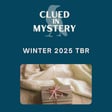
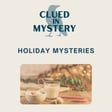
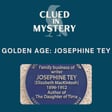
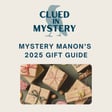
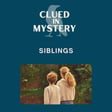

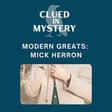
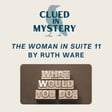
![[Bonus] Read Along: Daughter of Time image](https://media.zencastr.com/cdn-cgi/image/width=112,quality=85/image-files/61e1c276e3ec42007857cff9/b953ad72-c43e-48ca-a18a-b3c216ab90ee.jpg)
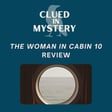
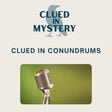
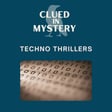
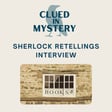
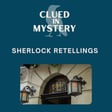
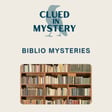
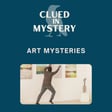
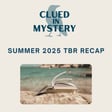
![[Bonus] Thursday Murder Club preview image](https://media.zencastr.com/cdn-cgi/image/width=112,quality=85/image-files/61e1c276e3ec42007857cff9/e51be644-e446-4d32-b89c-12bfc60d30e9.jpg)